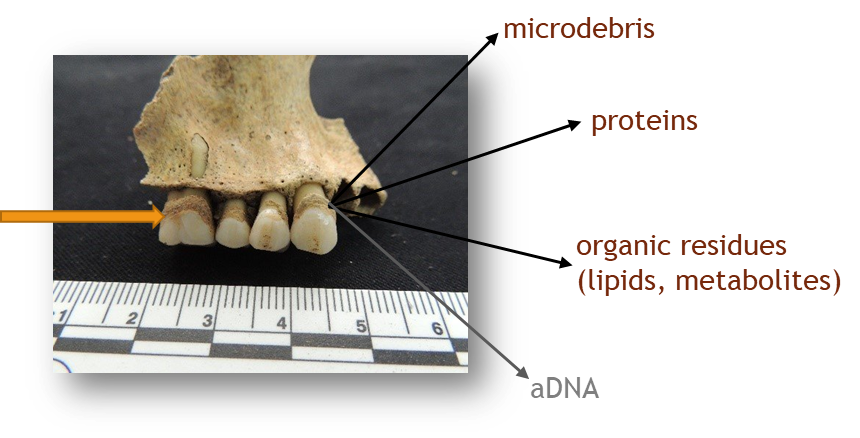- Personal menu
- Profile
- Phd thesis
- Research activities
- Training
- Publications
- Other activities
- Other content
Meaghan Mackie
- 505306
- Phd: 38th cycle
- Department of Life Sciences and Systems Biology
- Matriculation number: 1091492

Phd thesis
Using Palaeoproteomics and Lipids to investigate the Evolution of Dietary Diversity and the Transition to Agriculture in Ireland

The transition to the Neolithic way of life is amongst the most fundamental changes in prehistory, representing the introduction and widespread adoption of agricultural techniques from the East. Instead of gathering a wide range of wild foods like their predecessors, it is suggested that Neolithic societies became reliant on a small number of pancontinental crops and animal staples, thus decreasing their dietary diversity. This transition is therefore important to understand our current foodways, often reliant on staple crops and animals, and understanding it should help inform future sustainable practices.
As a case study, this project will look at the changes in dietary diversity in Neolithic Ireland (~4000–2500 BC). In order to better understand ancient diets, recent studies have turned to the potential of ancient dental calculus, or the mineralization of plaque biofilm created by a wide range of microscopic organisms residing in the oral cavity. During the mineralization process, many elements get trapped in the matrix, coming from ingested food, inhaled particles, the oral microbiome, and the human host. Scientific analysis such as palaeoproteomics and organic residue analysis can be used to examine the protein or lipid component of those trapped elements, respectively. By examining the calculus of individuals, during and after the Neolithic transition to agriculture, we can directly observe dietary elements consumed and their trends over this period of change in Ireland. In addition, by examining proteins and lipids, in conjunction with a wider project examining the microbotanical remains, we can gain unprecedented knowledge about diet and economy in the Neolithic, as these examinations have not been made on Irish materials before. A combined method for extraction of proteins, lipids, and microbotanical remains is also to be developed for this project, to limit the destruction of the irreplaceable dental calculus, also increasing the sustainability of this research.
Supervisors: Dr. Robert Power (University College Dublin); Prof. Beatrice Demarchi ; Dr. Cynthianne Spiteri ; Dr. Meriel McClatchie (University College Dublin), and Dr. Stephen Buckley (University of York)
Project Website
This project has been funded by the Science Foundation Ireland-Irish Research Council Pathway Scheme (project ID: 21/PATH-A/9284) awarded to Robert Power




